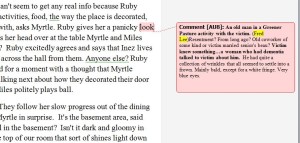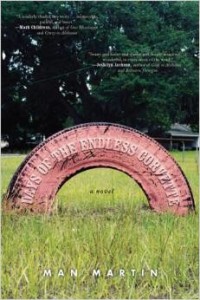By Elizabeth S. Craig, @elizabethscraig
Over the last couple of years, I’ve transformed into a (very reluctant) outliner. Long story short, I royally screwed up a couple of books really close to deadline when I’d pantsed them, and with the schedule I’m on, I decided I couldn’t afford mistakes anymore. Or maybe it’s just that my heart couldn’t afford them since I’m sure my blood pressure shot through the roof.
So I outline. My outlines are completely conversational, in paragraph form, and cover the whole story from start to finish. More about my process of outlining in this post from last August. More about what I feel the pros and cons are for outlining in this post from February.Continue reading




